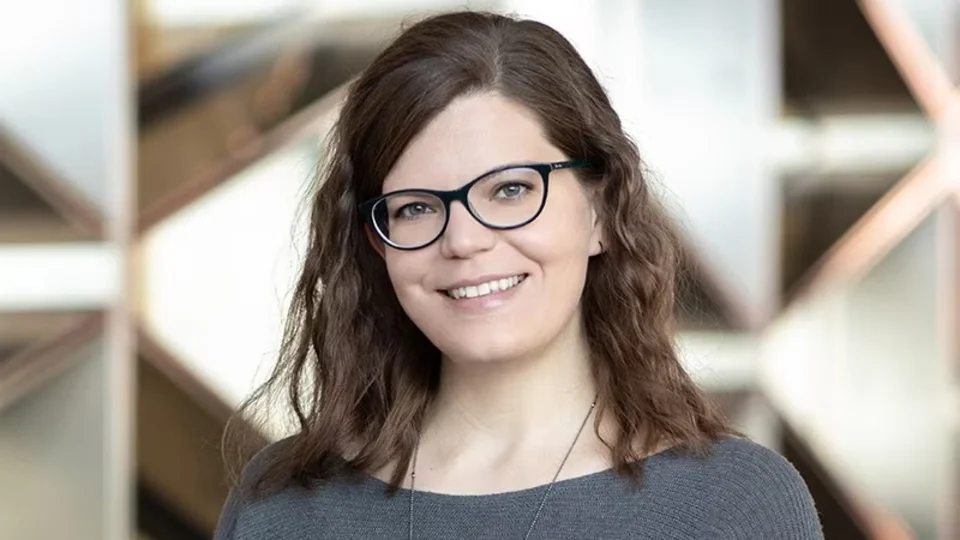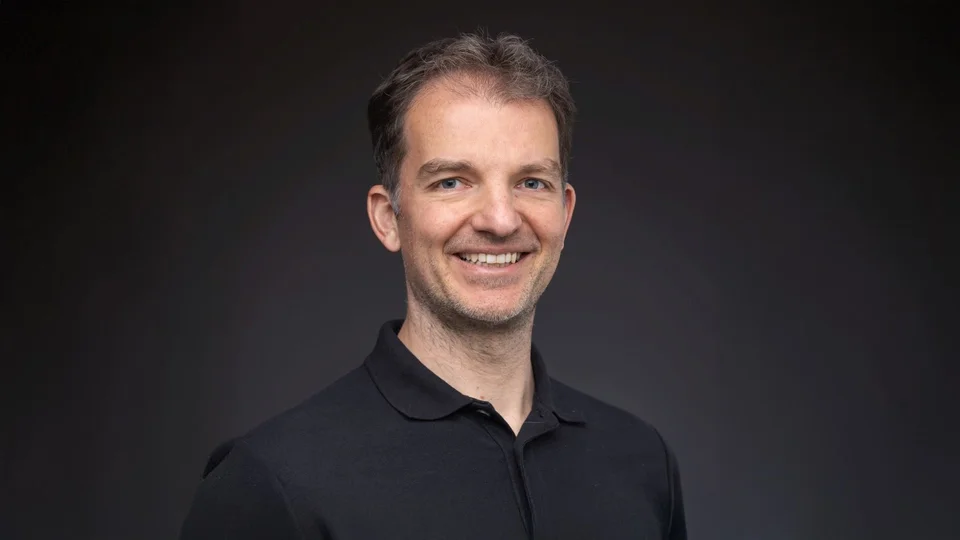KAUST Visual Computing Ph.D. Student wins 2020 Facebook Fellowship Award
Anna Fruehstueck, a Ph.D. student in the KAUST Visual Computing Center (VCC) under the supervision of Professor Peter Wonka, recently won a 2020 Facebook Fellowship award and a two-year fellowship from Facebook Research.
About
By David Murphy
Anna Fruehstueck, a Ph.D. student in the KAUST Visual Computing Center (VCC) under the supervision of Professor Peter Wonka, recently won a 2020 Facebook Fellowship award and a two-year fellowship from Facebook Research. Fruehstueck, who is the University’s first recipient of the scholarship, was selected as one of 36 recipients for the award from an initial pool of 1,800 applicants. The fellowship, which will begin in the Fall of this year, was designed by Facebook to support and encourage a global base of doctoral students’ active in innovative and relevant research in areas related to computer science and engineering.
Fruehstueck, who was “honored” to become a Facebook Research Fellow in the field of computer graphics, believes the award is further proof of KAUST’s emerging status as a prominent university in computer science and its related research areas.
“Facebook Research only selected four recipients in the area of computer graphics. The fellowship is very competitive, and the 36 recipients for 2020 were picked from 1,876 applicants from over 100 universities worldwide. Additionally, the 2020 recipients were selected from 16 universities in the U.S. and only six universities outside the U.S.”
“The fellowship benefits include a financial award and an invitation to meet other fellows and the Facebook Research team at a Summit Event at the Facebook Headquarters. The fellowship will run for two years or until I graduate, whichever comes first. I am really excited to connect with the computer graphics research department at Facebook Research.”
The promise of new possibilities
Before joining KAUST in 2017, Fruehstueck obtained her bachelor’s degree in computer science and a master’s degree in visual computing from the Vienna University of Technology, Austria. It was during her master’s degree that Fruehstueck first came to KAUST as a visiting student and witnessed firsthand the environment and the spirit of innovation and learning found on campus.
“Before I joined KAUST, I was unsure if academia was a path that I wanted to follow. Visiting KAUST for the first time opened my eyes to new possibilities as I was immediately taken by how passionate, and excited people are about their work. I am delighted to be working at KAUST, and I think the environment here and being surrounded by motivated, productive and talented people is a critical component in my creative research process.
Fruehstueck’s research at KAUST explores the intersection of computer graphics, geometry processing, and visual arts using state-of-the-art methods in machine learning. The overarching drive of her research centers on the development of algorithms for image synthesis and analysis and the design of generative modeling techniques.
At present, she is working on designing algorithms that can generate novel high-resolution images based on a collection of input images, for example, generating satellite images of a fictional landscape by learning from pre-existing aerial image data; or generating a fictional artwork by emulating the brush stroke of an existing painting.
“My research focuses on developing new techniques for image synthesis and generative modeling techniques. It is concerned with the synthesis of natural texture images, which are an important component in many applications ranging from architectural rendering to game design and often require the manual work of skilled artists.
“Our work titled “TileGAN: Synthesis of Large-Scale Non-Homogeneous Textures” was published as a technical paper at ACM SIGGRAPH 2019, which is the most prestigious conference in computer graphics and I presented this paper at the conference in July 2019 in Los Angeles, CA.”
Fruehstueck’s future research will continue to focus on creating new techniques in image synthesis to allow for a generation of higher quality images and better output image control. “Given the ubiquity of image data in today’s life, I believe my research is relevant for a large variety of fields, and I hope that my work will contribute to tools that are relevant for real life-applications,” she noted.
“This year, I also have the opportunity of doing internships with two companies, first working at Weta Digital and then at Adobe. I am excited about these collaborations and hope to gain valuable insights into other research groups, and I look forward to meeting new collaborators and learn from them.”

